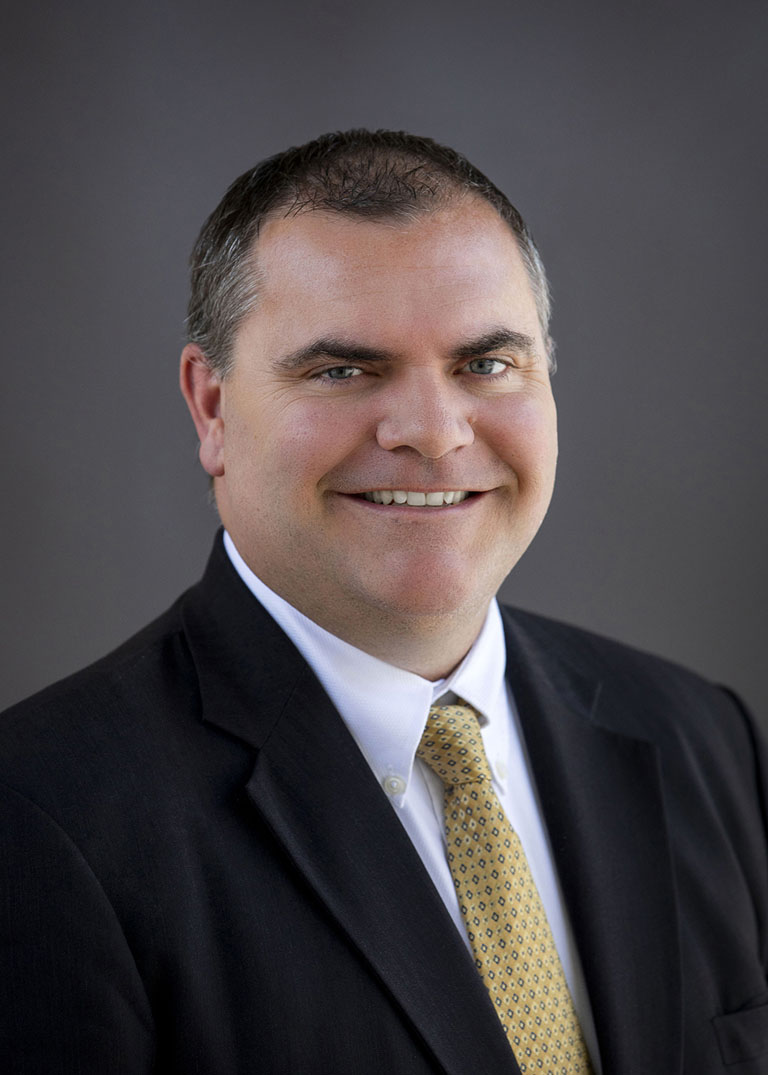Please accept our sincerest condolences on the passing of your family member, friend or loved one. The loss of someone dear is one of the most heartbreaking and challenging times we face. One of the most difficult parts of all of this is that as the ones left behind try to cope with the passing, they also have to manage the legal formalities of the will and probate, which may not always be easy to follow.
Our team, which comprises some of the best probate lawyers in California, can help you navigate the complex process of probate during your time of grief. Here we deep-dive into the process, what it entails, and relevant information pertaining to the probate laws in California and important questions like, “What to do after someone dies with a will?”, “Is probate required in California?”, and “How to probate an estate in California?”
What is Probate?
A probate is a judicial process to administer a decedent’s estate, which includes all the property they’ve left behind. In California, if a decedent owned a home or had assets whose total value is greater than $150,000, you will likely be subject to a probate process to gain access to the decedent’s estate and to distribute the assets.
In essence, a probate is a court case to determine several crucial aspects of the decedent’s property including who the heirs or beneficiaries are and what is the value of the total estate. But that’s not all. The process also involves determining the validity of the will if it exists. In addition, in the final stage, a probate handles the transfer of the estate to the rightful heirs and beneficiaries after all debts, expenses, and financial obligations of the decedent have been paid and fulfilled.
Even if the decedent had a will but no trust…
Often times people confuse a will with a trust. If the decedent had a trust, we can help the successor trustee administer the trust (click here for more information). However, if the decedent died with a will, but without a trust, it is possible that a probate proceeding will be required to administer the decedent’s estate.
One of the common questions we encounter is, “Do I need probate court?” or “Do I need probate if I have a will?” It would be best to consult our team of experienced probate attorneys who will review your complete situation and then advise accordingly.
In the event that you do require a probate court case, note that the average process takes one year to complete, but our probate lawyers in California will help you get through it and ensure you and your family understand what to expect along the way.
Executor vs. Administrator vs. Personal Representative
The terms executor, administrator, and personal representative can be confusing to understand and hence used interchangeably. Here’s what they mean:
- An Executor is a technical term to identify a person who will handle the estate administration as appointed by the decedent’s Will.
- An Administrator is a technical term for the person who will handle the estate administration as appointed by the Court when a decedent dies without a will.
- A Personal Representative is the person handling the estate administration, which may be either the Executor or the Administrator.
How to get started?
Contact our office for a free consultation with one of our highly qualified and experienced probate lawyers in California. We will send you an initial probate client questionnaire to fill out and return to us to discuss over the telephone or in person. We will also send you a letter with a checklist of documents we will need to get started. If you decide to move forward with our office, we will send you a fee agreement.
After your consultation, we will draft the initial probate documents for your review and signature. Once we have your original signatures on the initial probate documents, we will file them with the Court. The Court will then set an initial hearing date, which may be three to four months out.
Bond Requirement
Under the California Probate Code, an estate’s representative (either Executor or Administrator) is required to post bond for the value of the estate. This is a security measure that the representative will fulfill his or her duties as required by law. The bond would establish a fund to satisfy a claim by the beneficiaries if the representative breaches his or her fiduciary duty. In some cases, the bond requirement may be waived by all the beneficiaries. We will help guide you on providing waivers to the beneficiaries or how to get bond.
Debt and Creditors
If the decedent died with debt, then creditors may file a claim against the estate for the outstanding debt. We will help you give notice to the necessary creditors and send the claim form that may be filed with the court.
Beneficiary Representation
If you are the beneficiary of an estate and you have concerns about how the estate is being administered, our accomplished probate lawyers in California can assist you in getting the answers you are entitled to by law.
Goyette, Ruano & Thompson, Inc. are prepared to help you with your probate needs in any county in CA state.



